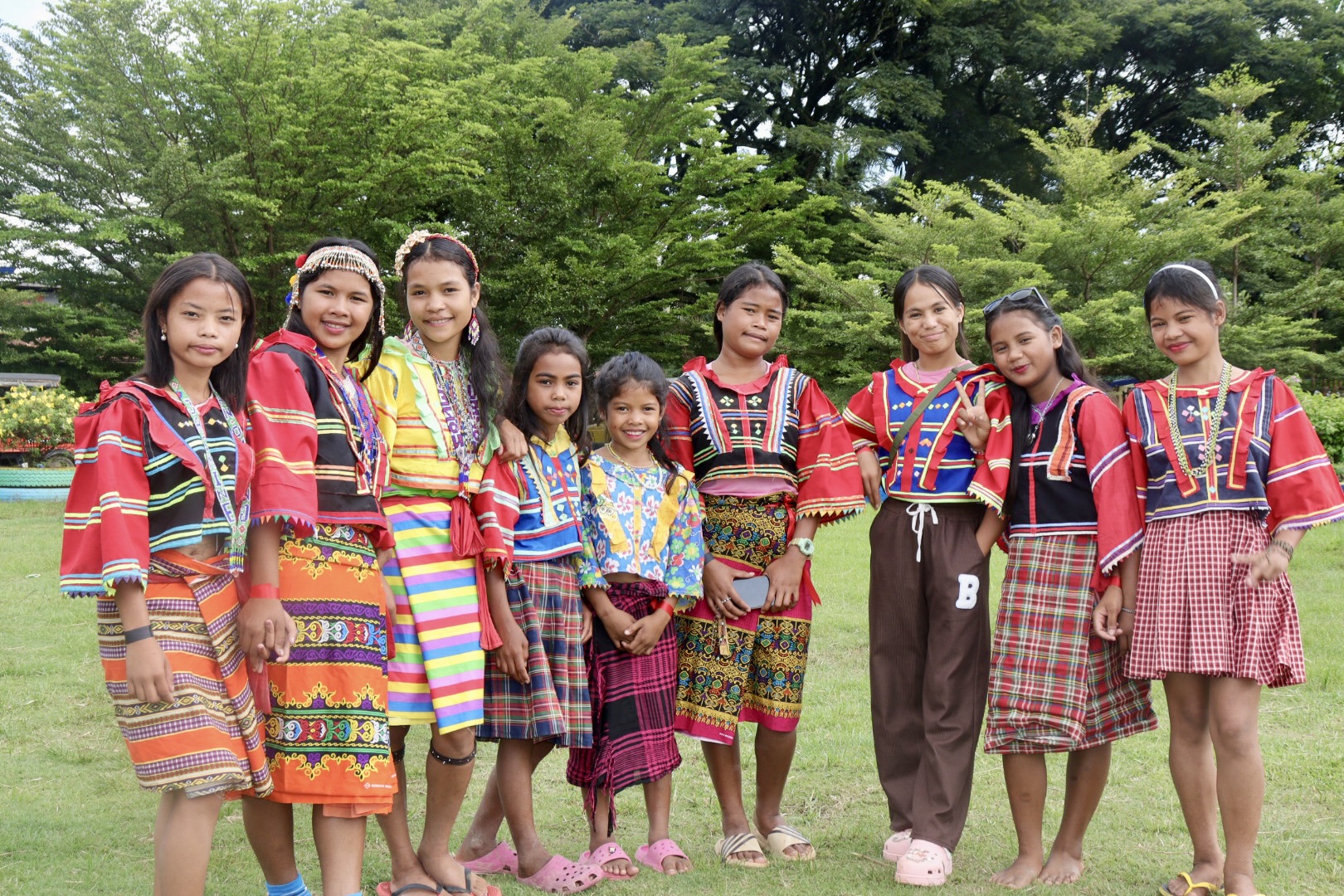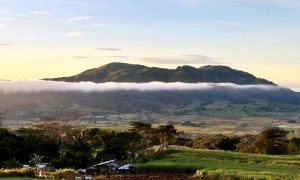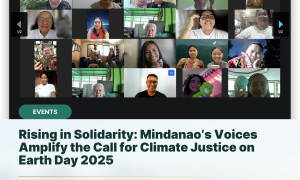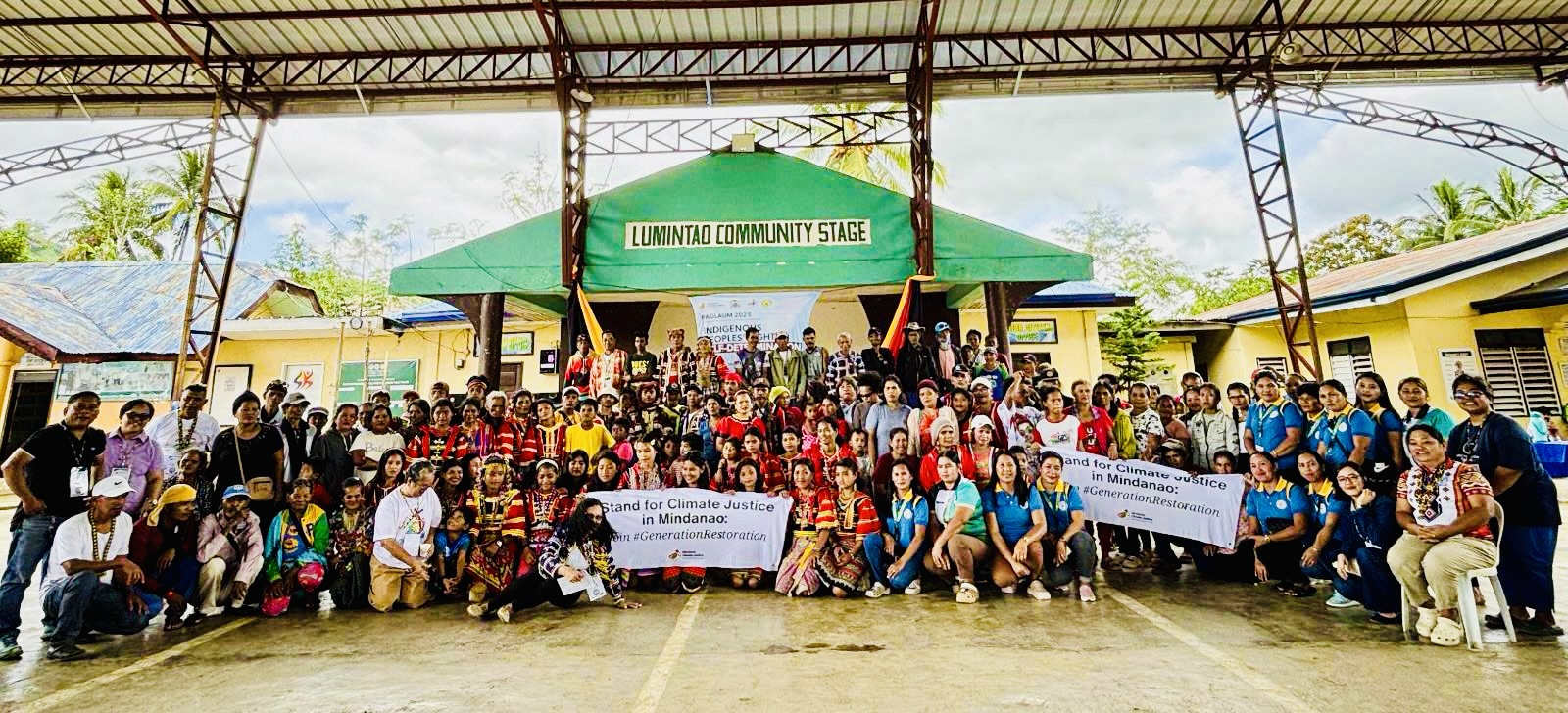
A total of 690 participants—including Lumad community members, Church ministries, medical associations, and youth volunteers—joined the two-day gathering at the Lumintao Community Stage, Bukidnon, to commemorate the International Day of the World’s Indigenous Peoples (IDWIP).
Bukidnon, Mindanao — August 22–23, 2025. The Lumintao Community Stage became the heart of a powerful gathering as Indigenous communities, local leaders, Church partners, and advocates came together for Paglaum 2025: A Lumad Jubilee Celebration in observance of the International Day of the World’s Indigenous Peoples.
Organized by Mindanao Climate Justice (MCJ) and the Diocese of Malaybalay – Indigenous Peoples Apostolate (IPA), with support from the Kinaiyahan Youth Network and in partnership with three Indigenous Peoples communities in Bukidnon, the event brought together a wide network of collaborators.
It was made possible through the collective efforts of the Medical Mission Sisters (MMS), Sisters Association in Mindanao (Samin), the Laudato Si’ Network, the Philippine Pharmacists Association – Bukidnon Chapter, the Davao Medical School Foundation, and volunteers from the Barangay Lumintao Health Workers, San Vicente Ferrer Mission Station, and Pontifical Mission Societies youth members.
The two-day event honored the resilience, culture, and continuing struggles of the Lumad peoples. With the theme “Indigenous Peoples’ Right to Self-Determination: A Pathway for Food Security and Sovereignty,” the event offered not just commemoration, but concrete acts of solidarity, service, and collective reflection.
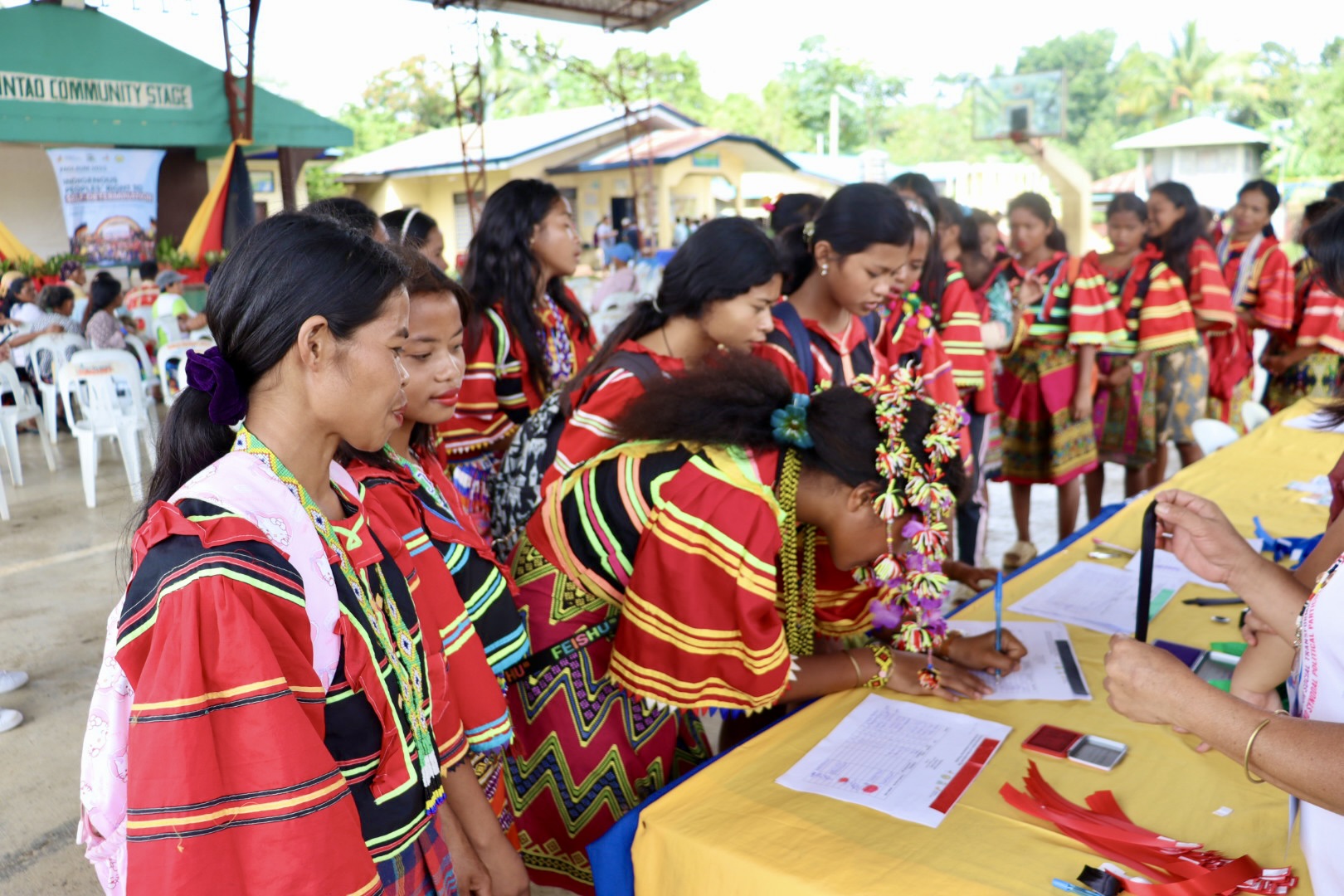
Young Lumad women sign in for Paglaum 2025, ready to participate in rituals, sharing sessions, and cultural performances honoring their heritage and future.
A Sacred Beginning: Ritual, Prayer, and Community Welcome
The event opened with the Panubadtubad, a sacred ritual led by Lumad elders from four ancestral domains, invoking blessings from ancestral spirits and setting a spiritual tone grounded in Indigenous tradition. A warm fellowship over light refreshments followed, affirming the simple yet powerful act of sharing food as a bridge across communities.
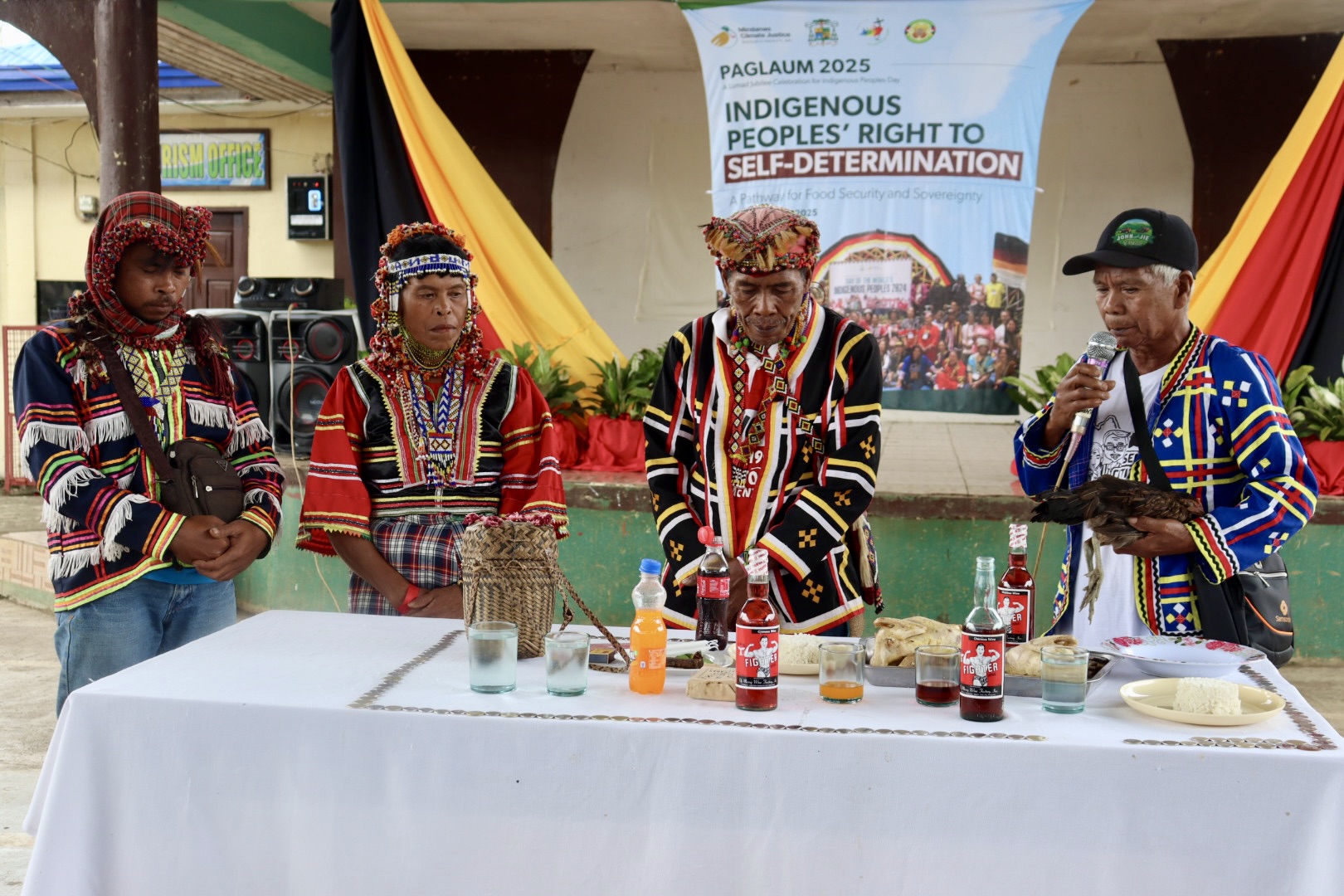
Opening messages from Rev. Fr. Thursisus “Thurs” Gunge Gonesto, CM, and Barangay Captain Hon. Thelma Aguilar highlighted the importance of cultural preservation, unity, and mutual support in confronting common challenges. Rev. Fr. Arturo Paraiso, Sr. Gene Amar, MMS, and Sr. Hedilita Bagatua, RVM offered moving reflections on the Church’s pastoral journey with the Lumad—affirming that faith must stand with the oppressed, and that the Jubilee Year is a call to walk together as Pilgrims of Hope in defense of land, dignity, and life.
Culture and Resistance: Stories and Performances
Throughout the day, cultural groups from Kianteg and the Sinandigan IP communities performed traditional dances, chants, and oral narratives that celebrated Lumad identity and history. Leaders from tribal councils, elders, and youth shared courageous testimonies—of defending ancestral lands, facing displacement, and sustaining Indigenous knowledge systems.
Partner organizations echoed support for Indigenous rights, ecological protection, and the urgency of advancing food sovereignty through self-determined paths.
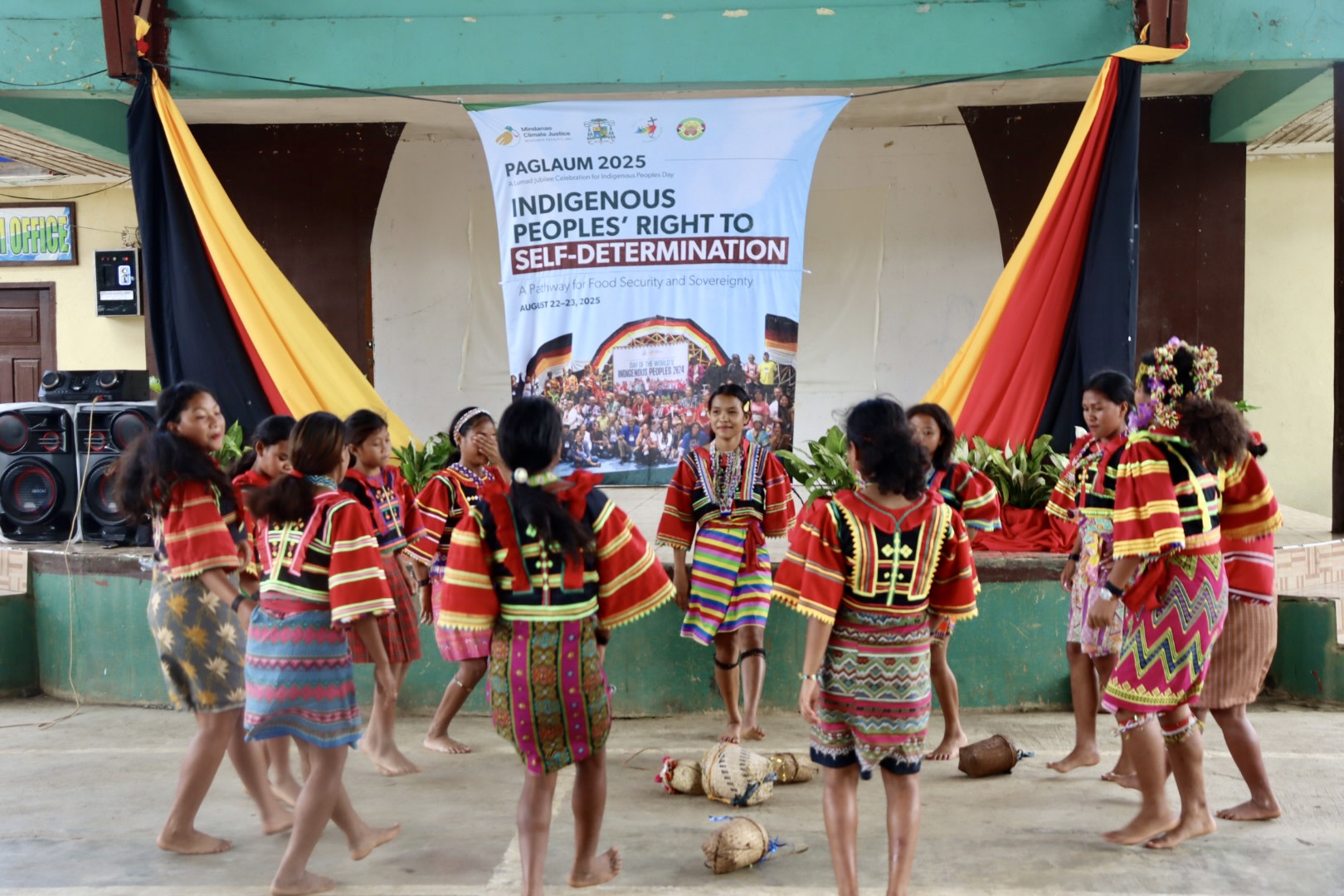
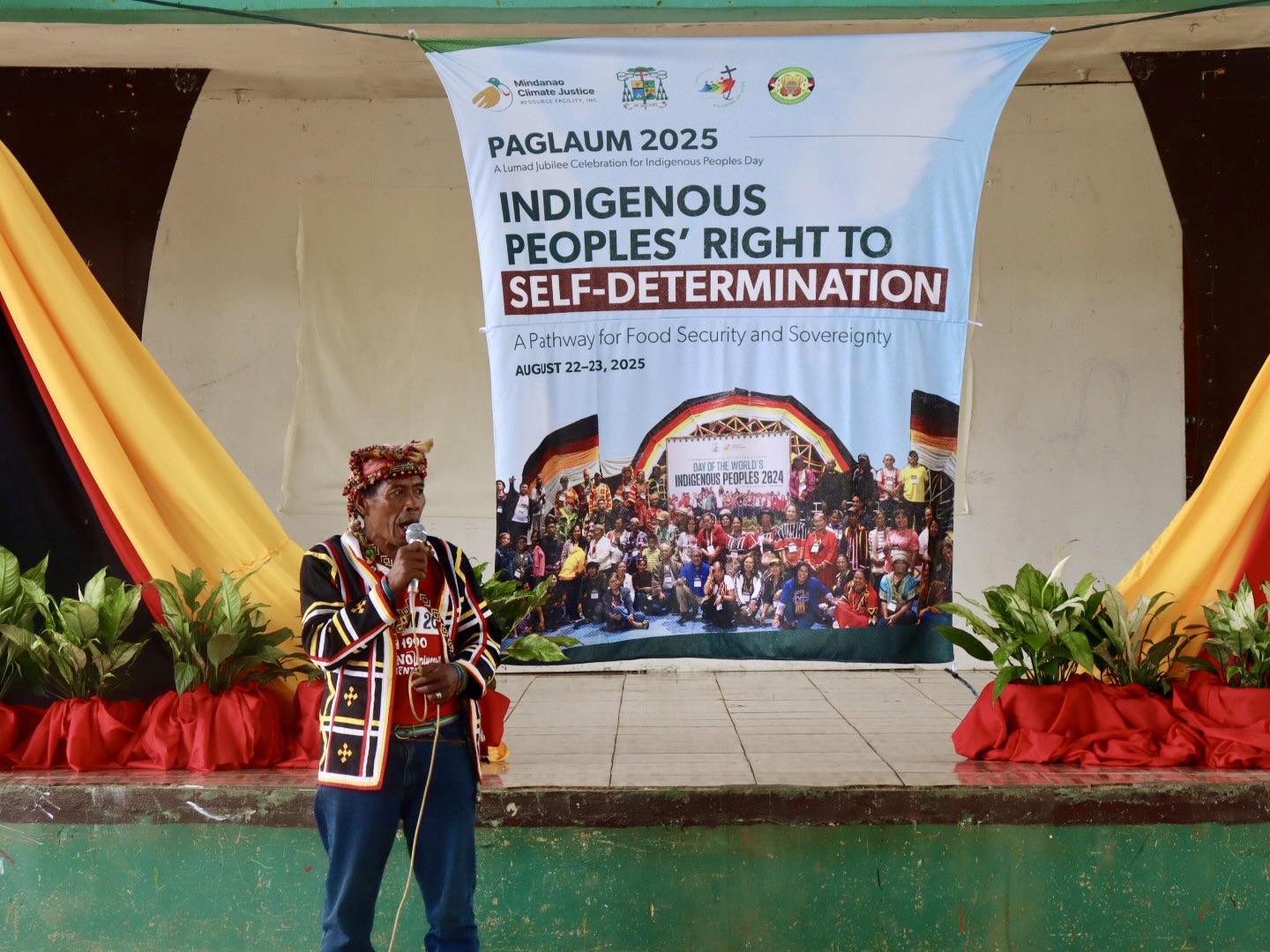
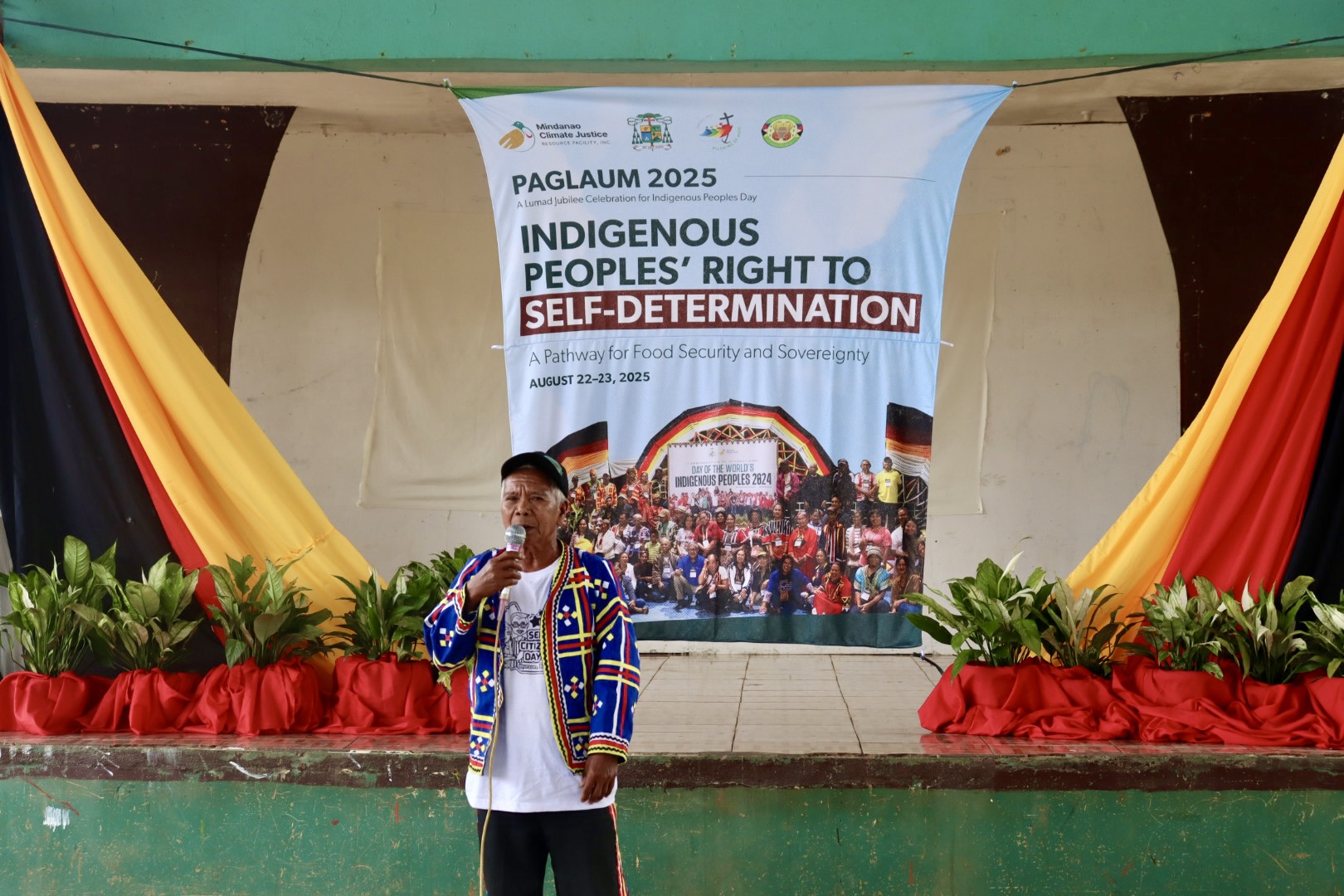
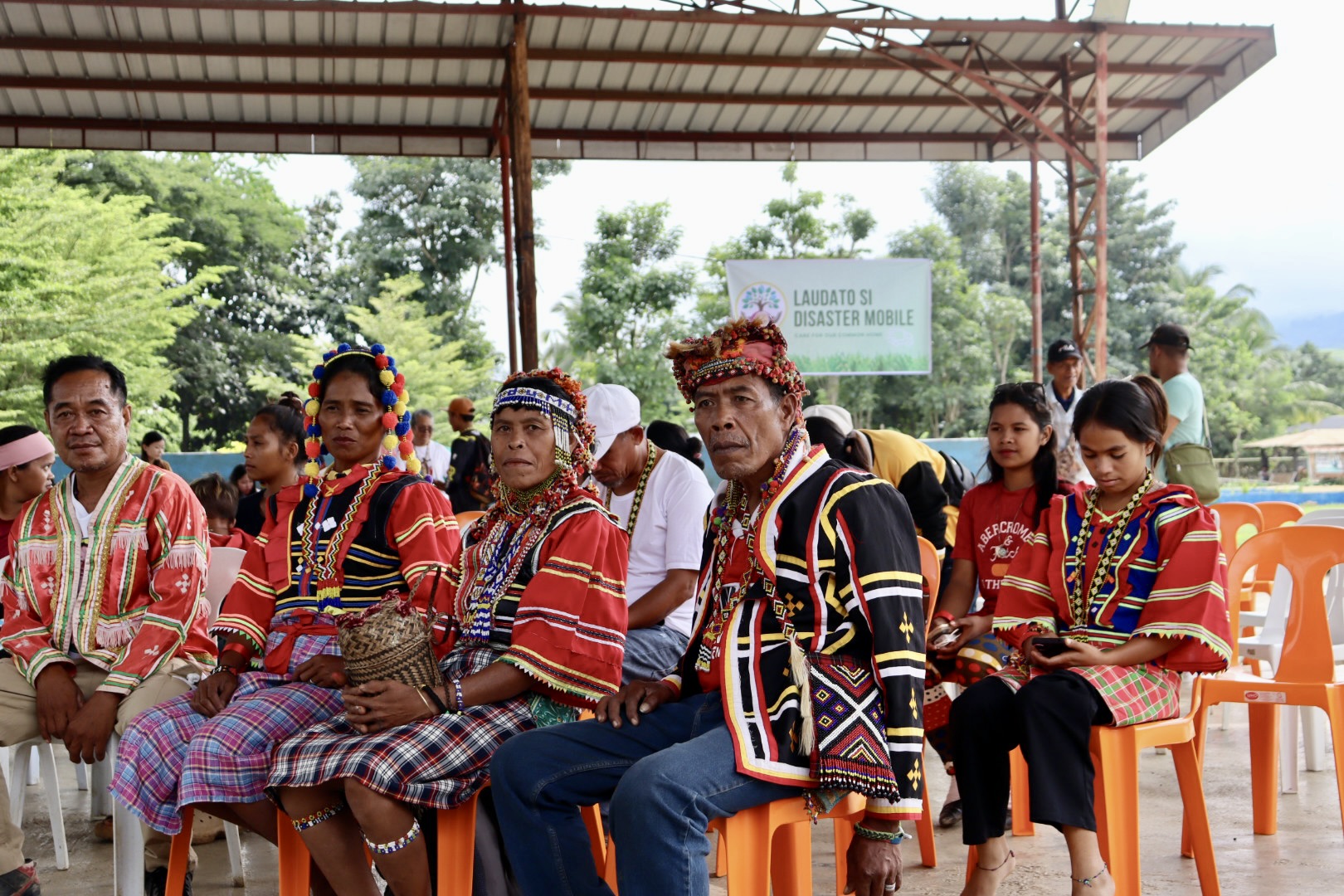
Listening to the Community: Youth Voices and Participatory Sharing
In the afternoon, a psychosocial intervention (PSI) created safe, intimate spaces for youth, women, and elders to share their lived experiences. Facilitated by Church sisters, health professionals, and community volunteers, small group discussions surfaced critical concerns—displacement, child labor, illness, and economic hardship—alongside aspirations for education, security, and land protection.
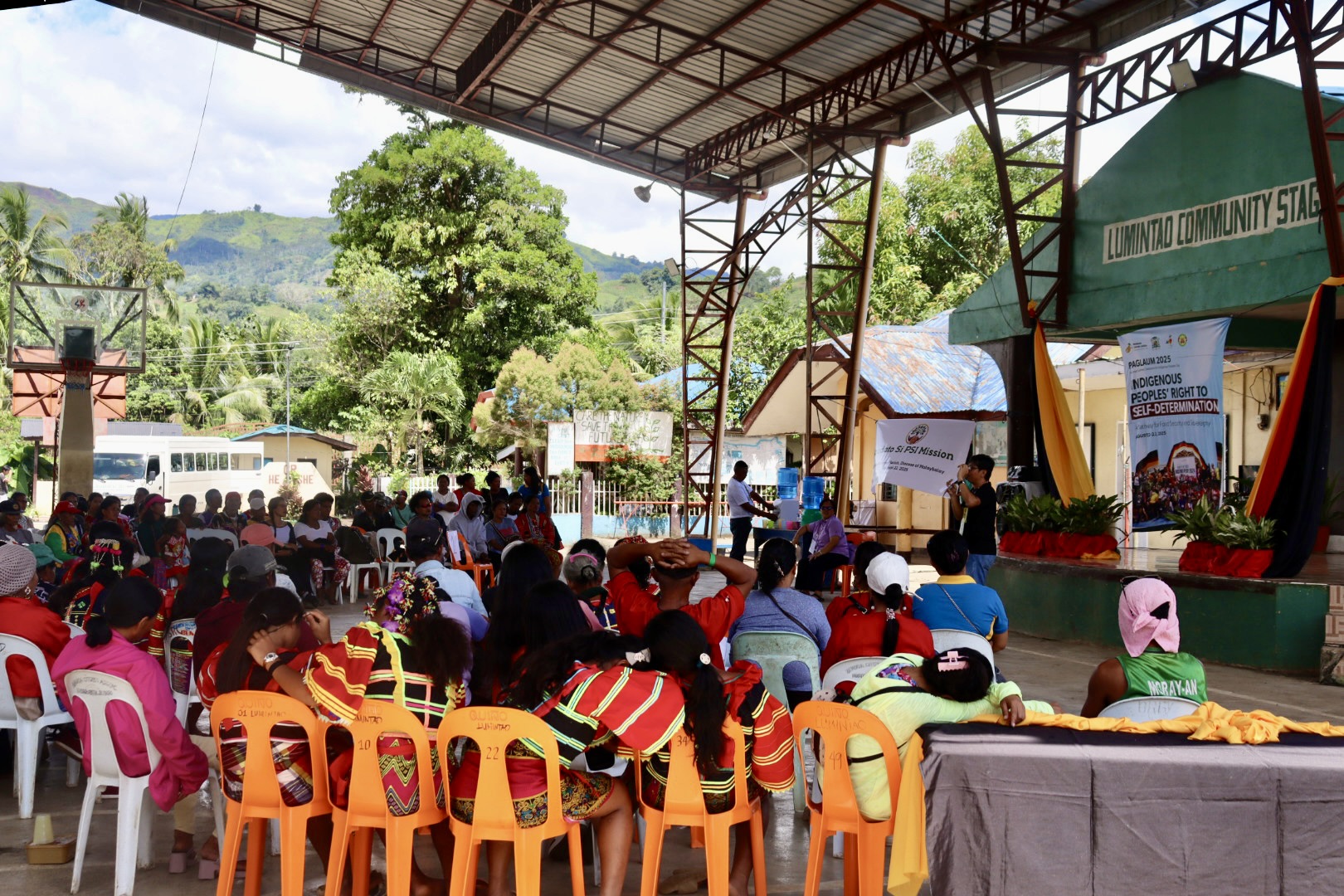
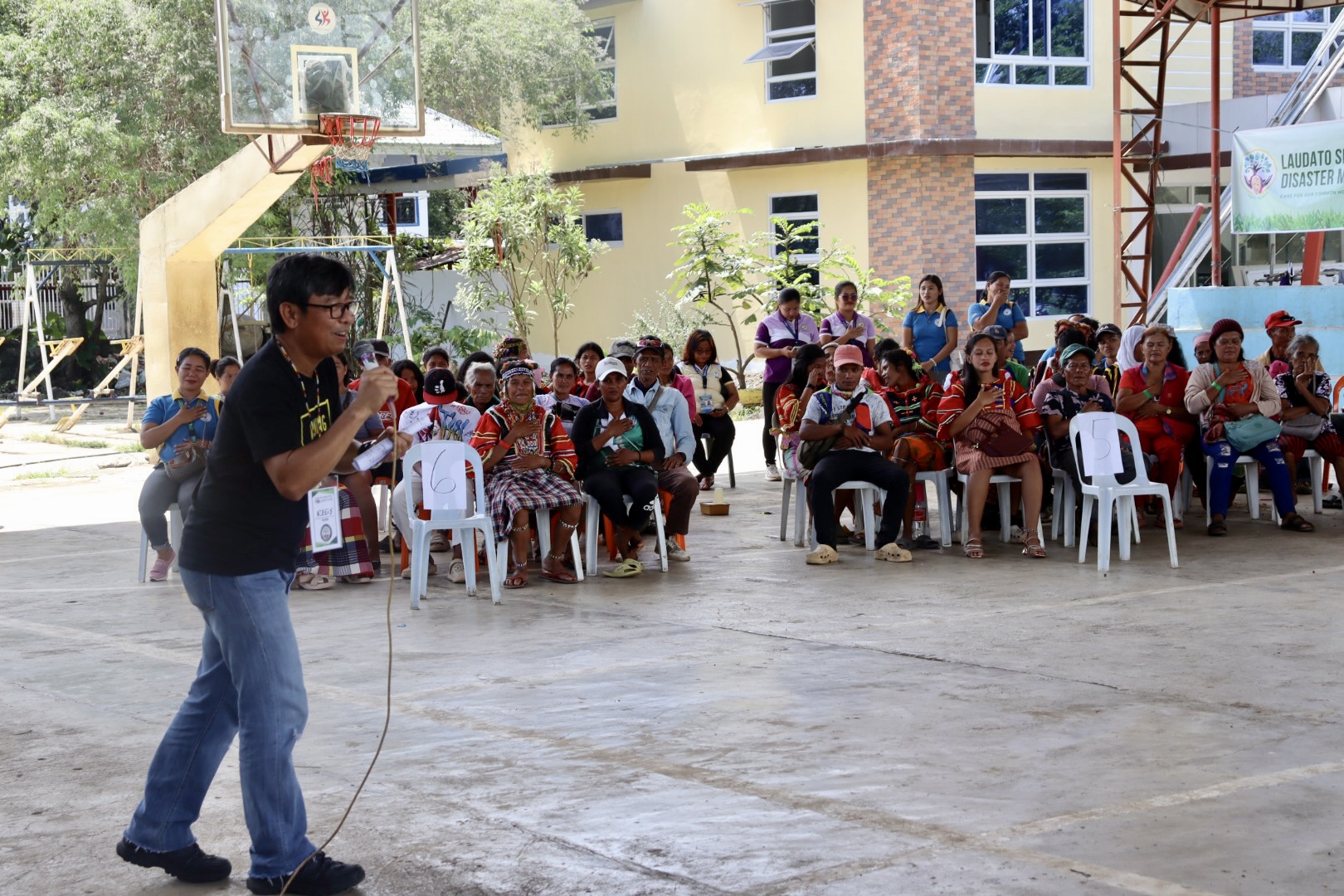
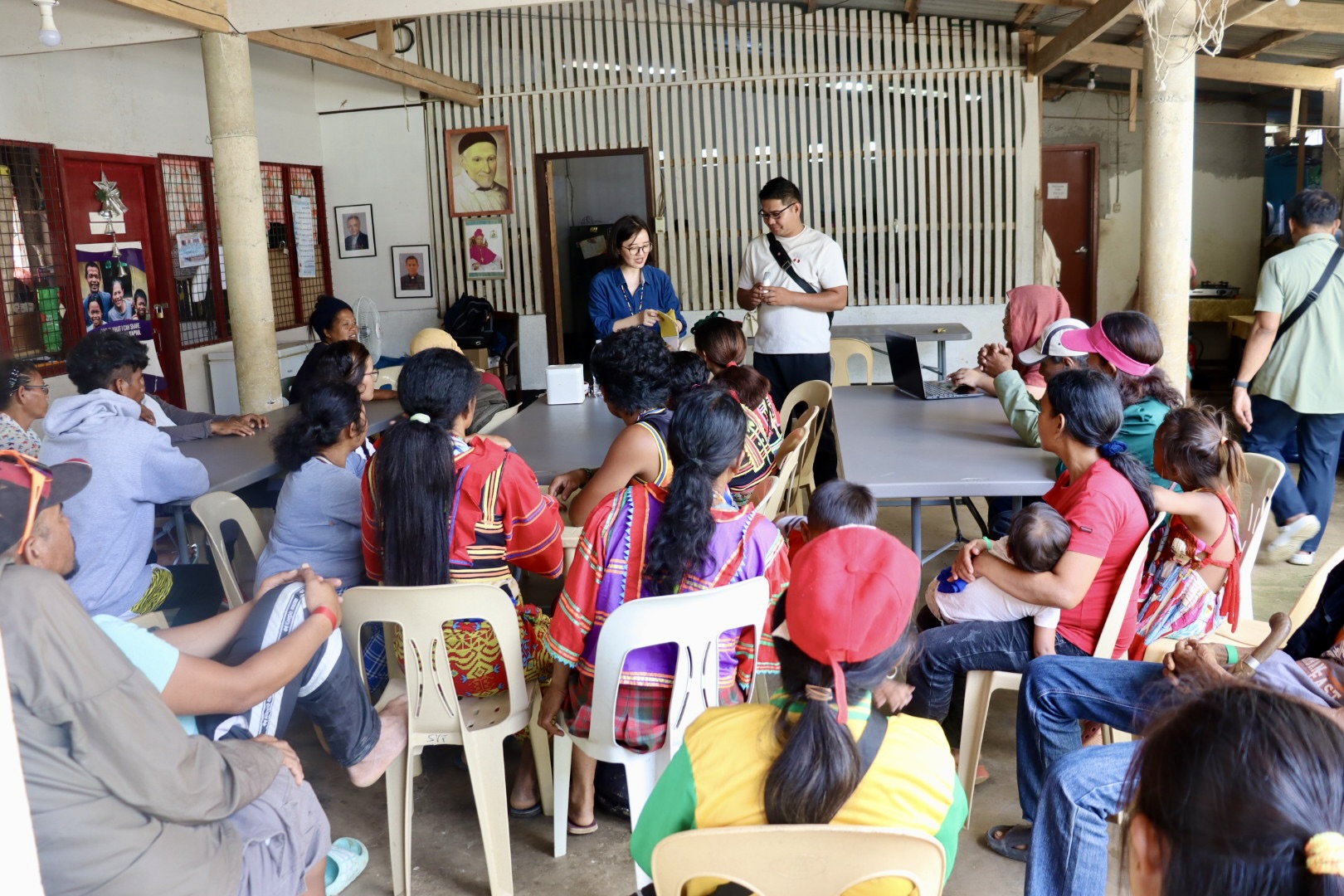
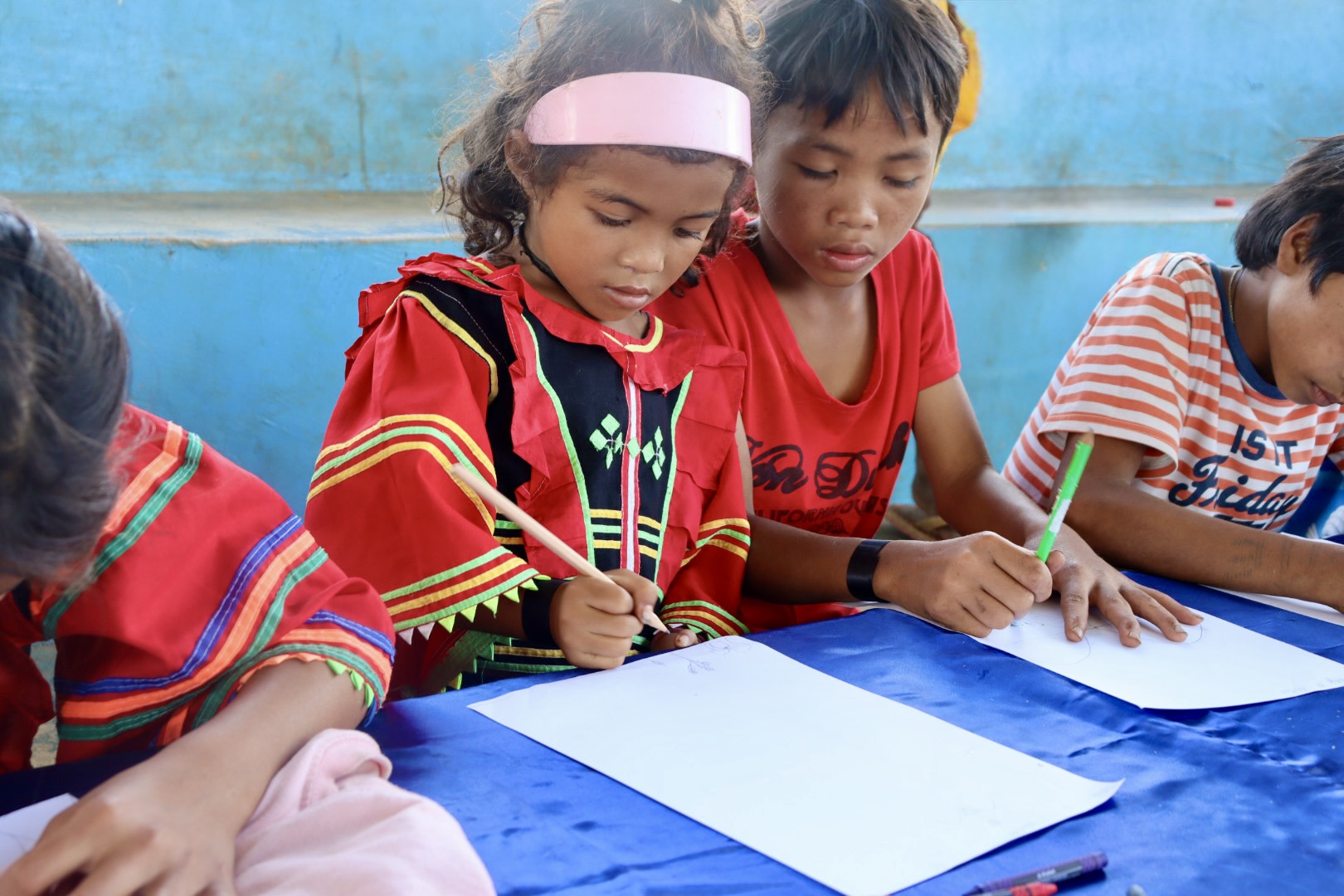
Participants emphasized the value of being heard. One youth shared, “I want to finish school, but also to learn from our elders and protect our land. Both are part of my future.” The debrief highlighted how simple acts of listening can foster healing, solidarity, and renewed commitment to justice.
A Day of Service: Medical Missions and Relief Operations
On Day 2, the focus shifted to service and care. A medical mission led by five volunteer doctors, pharmacists, and local health workers provided free consultations, check-ups, and essential medicines to over 200 community members, with particular care for children, elders, and vulnerable patients.
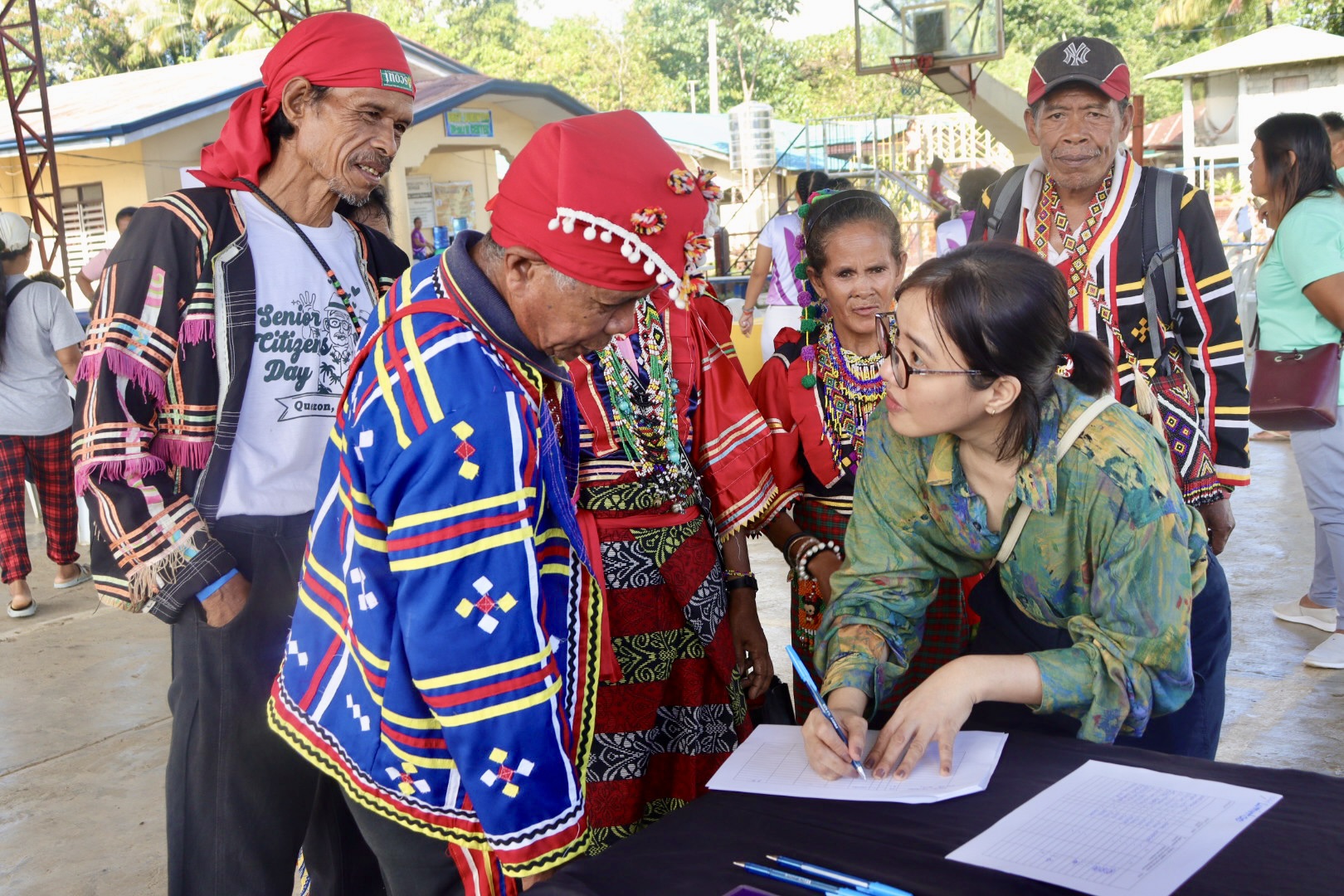
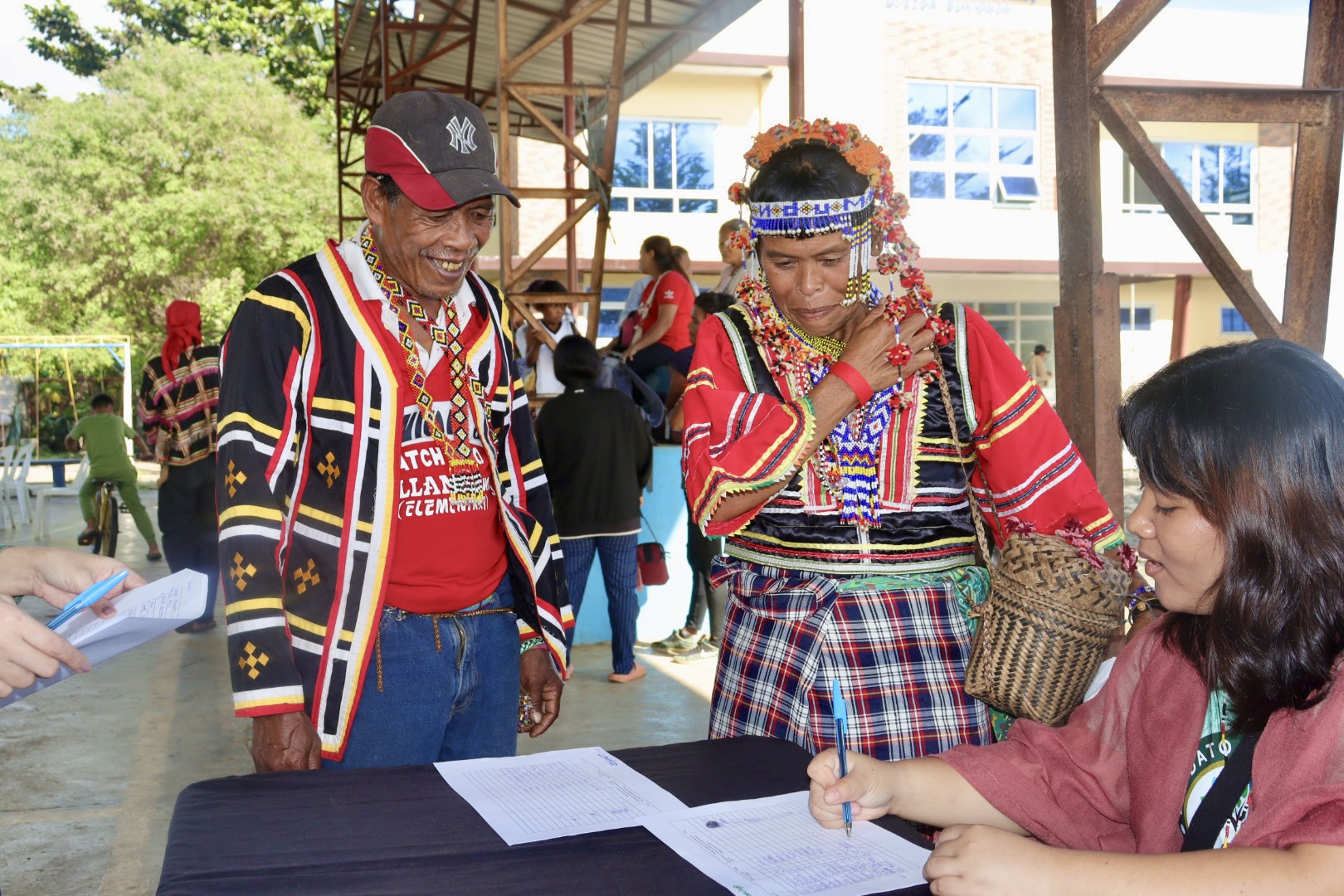
Simultaneously, relief distributions brought food packs and hygiene supplies to families in need. These acts of compassion were not charity—but expressions of accompaniment, recognizing that care for the body is inseparable from the defense of life, culture, and ancestral land.
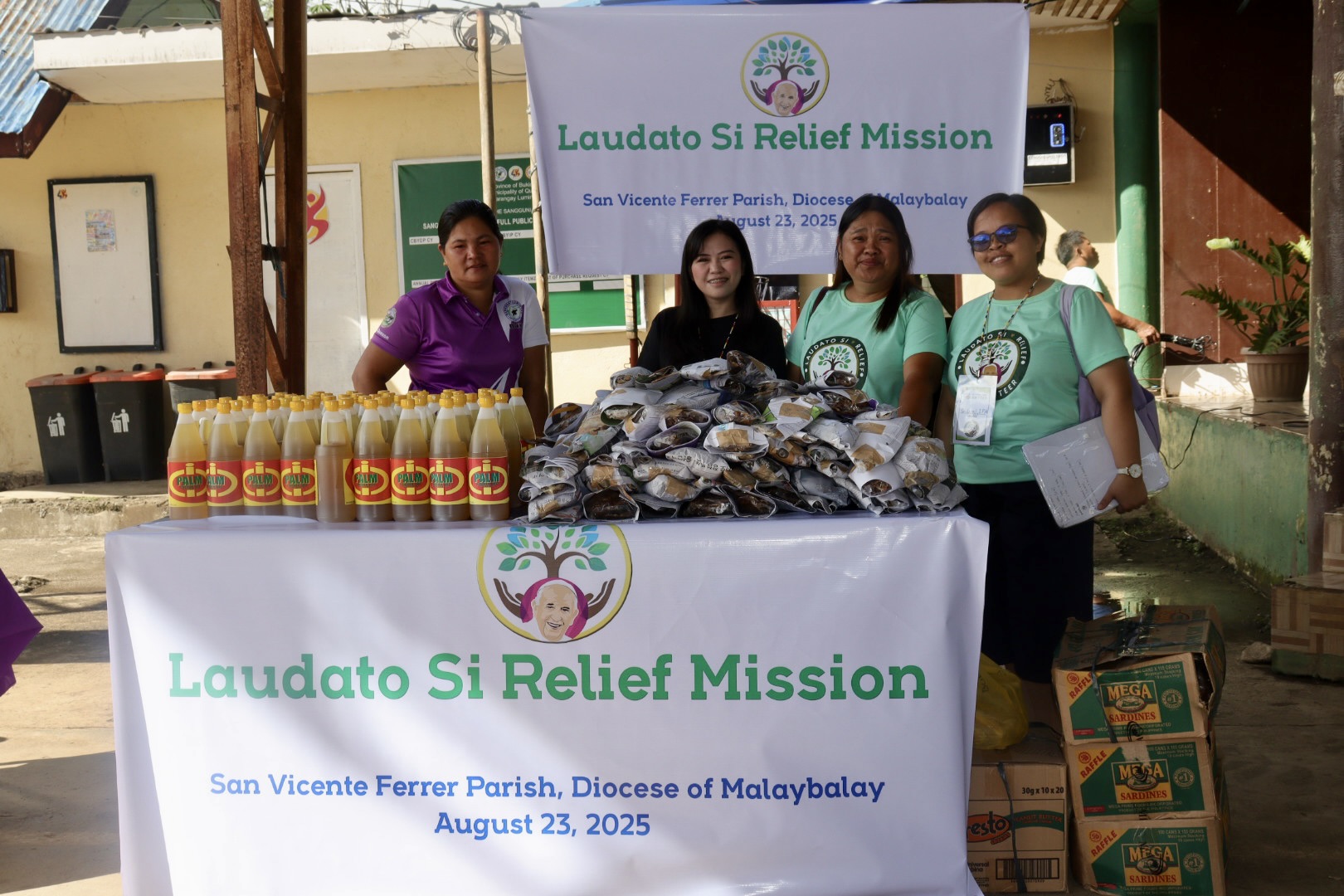
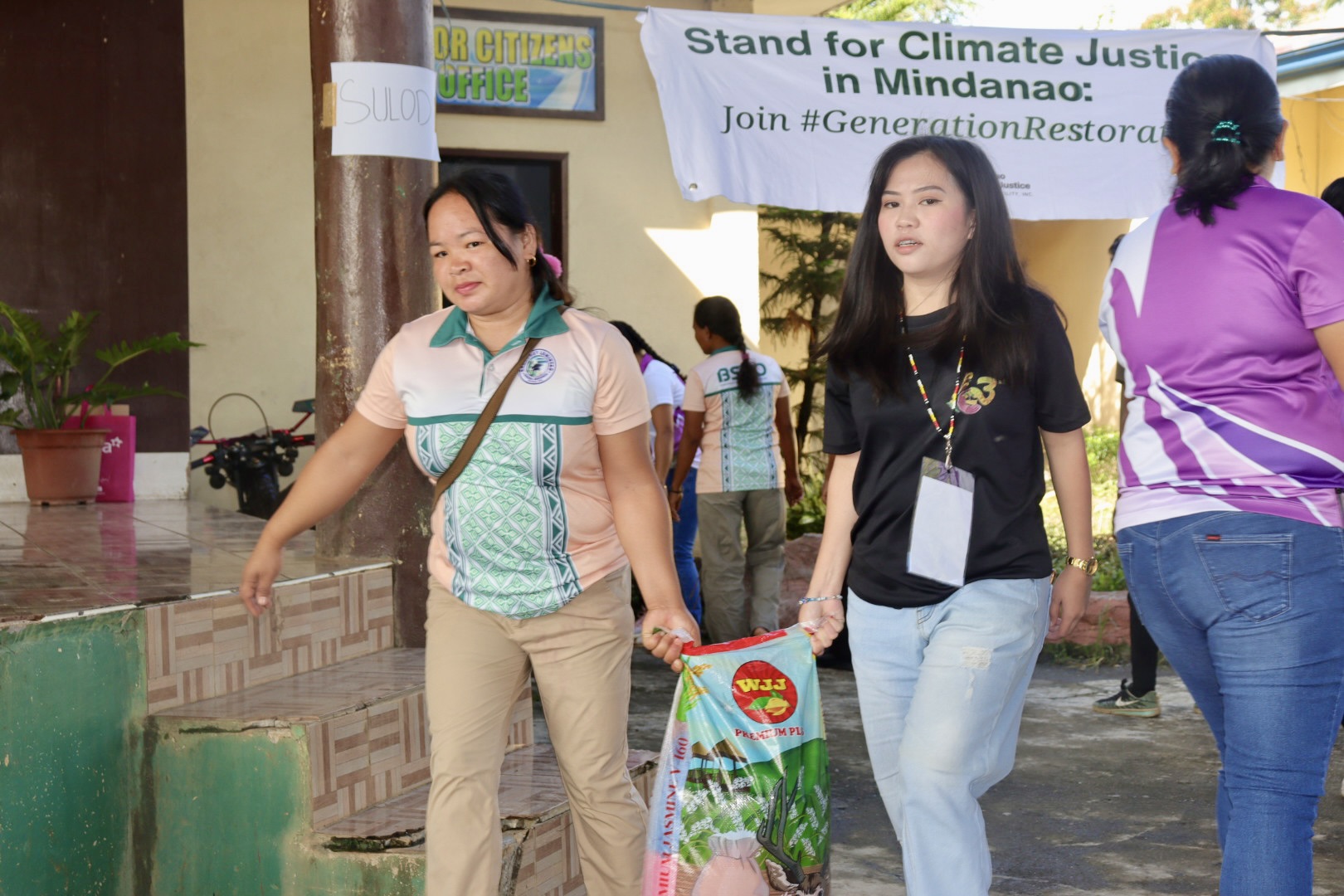
The mission site buzzed with quiet determination as families lined up early in the morning, some walking hours to reach the venue. Inside the covered court, doctors and nurses offered attentive care—listening not just to symptoms, but to the lived realities of communities long underserved. Common ailments such as respiratory infections, body pains, and malnutrition were addressed, while special attention was given to mothers, children, and the elderly. Beyond prescriptions and diagnoses, the medical mission became a moment of mutual recognition—where healing was not only physical, but also rooted in dignity, presence, and solidarity.
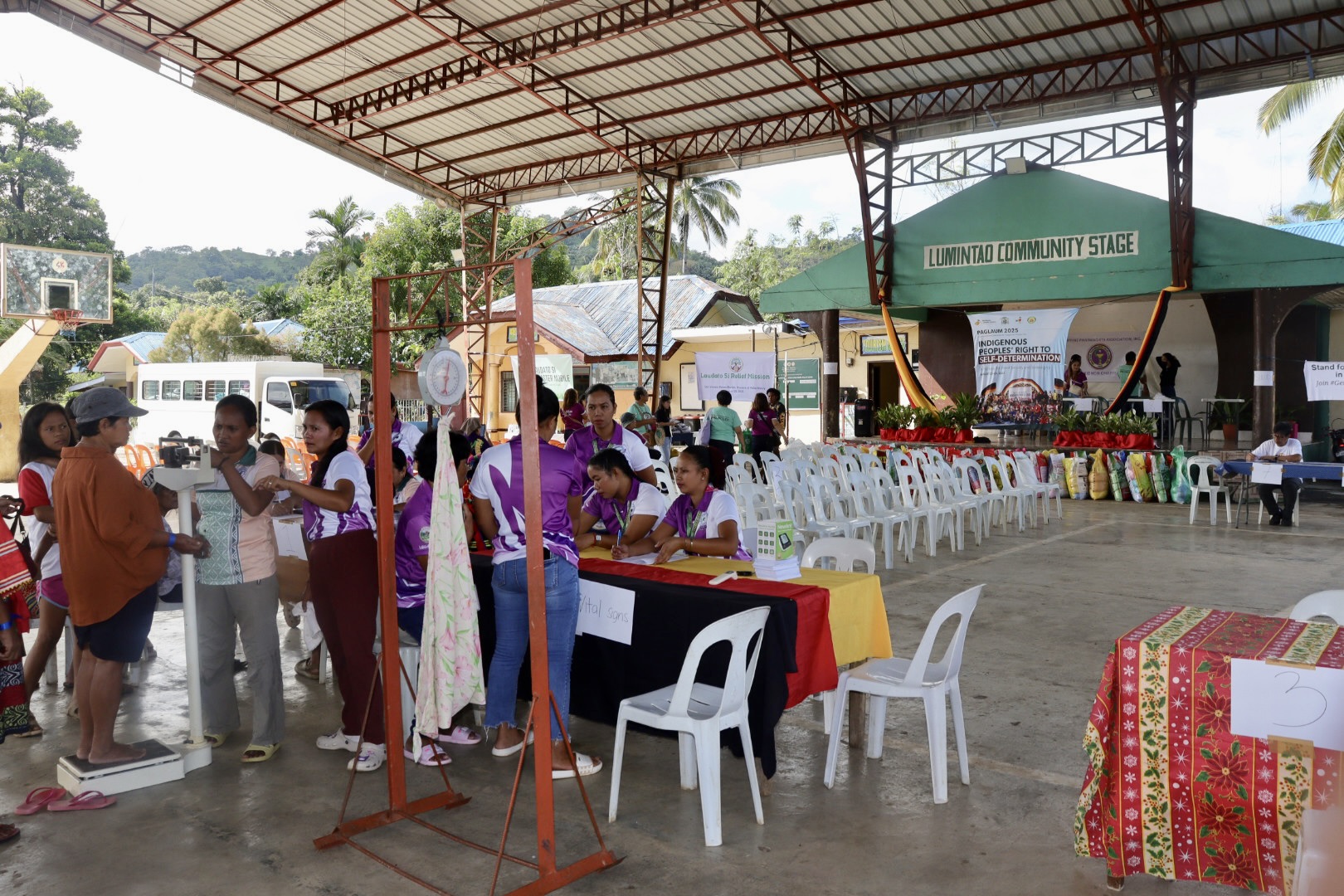
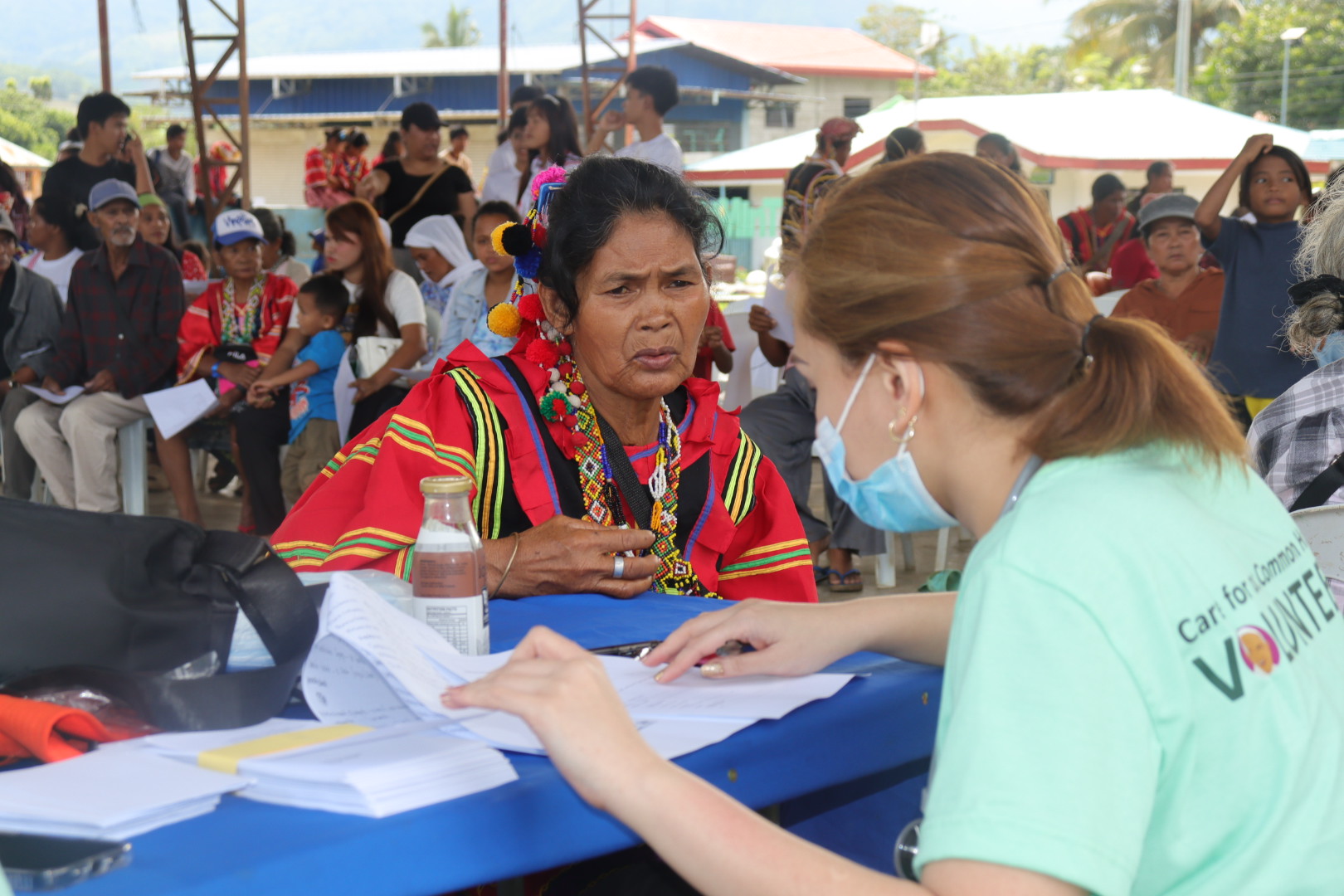
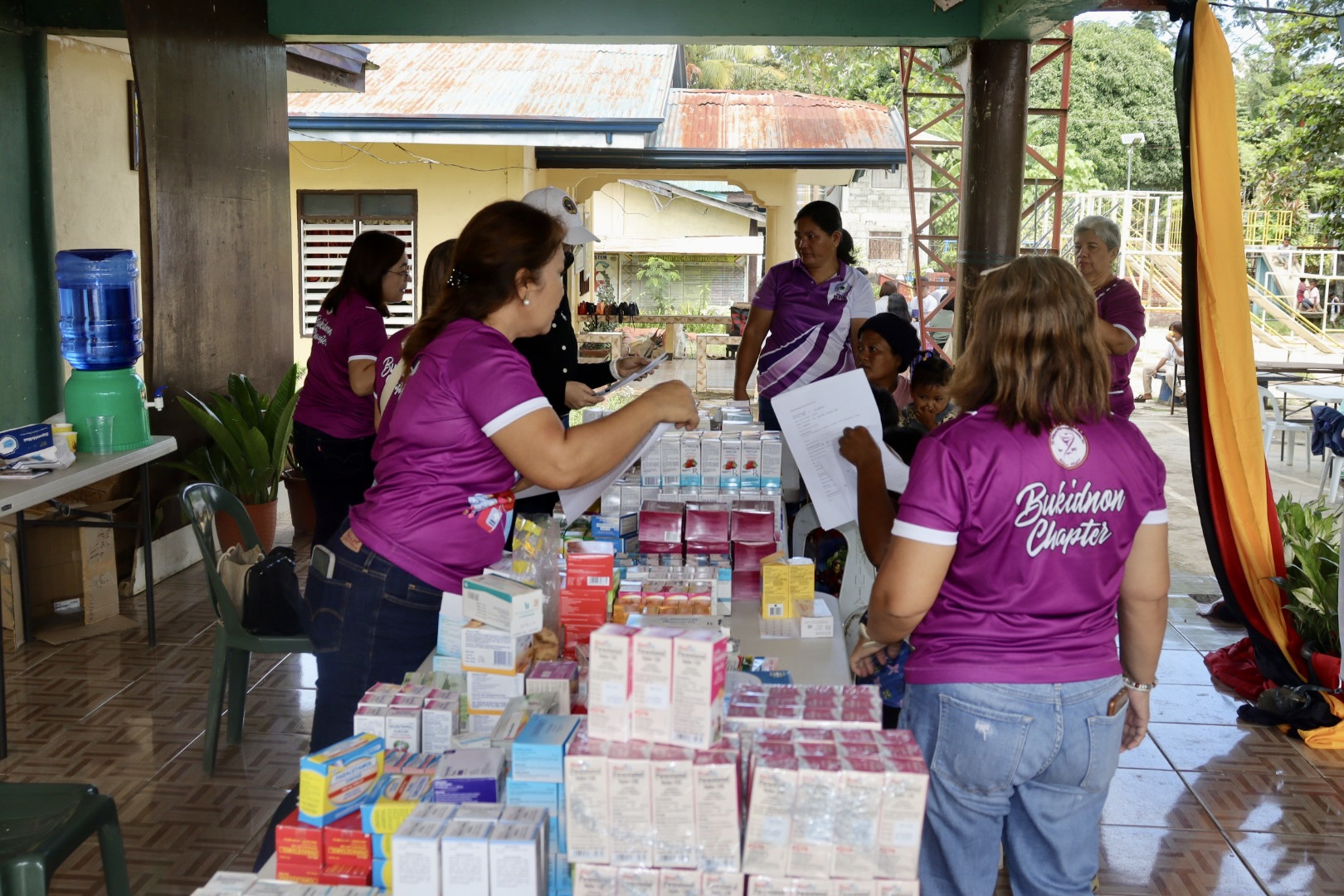
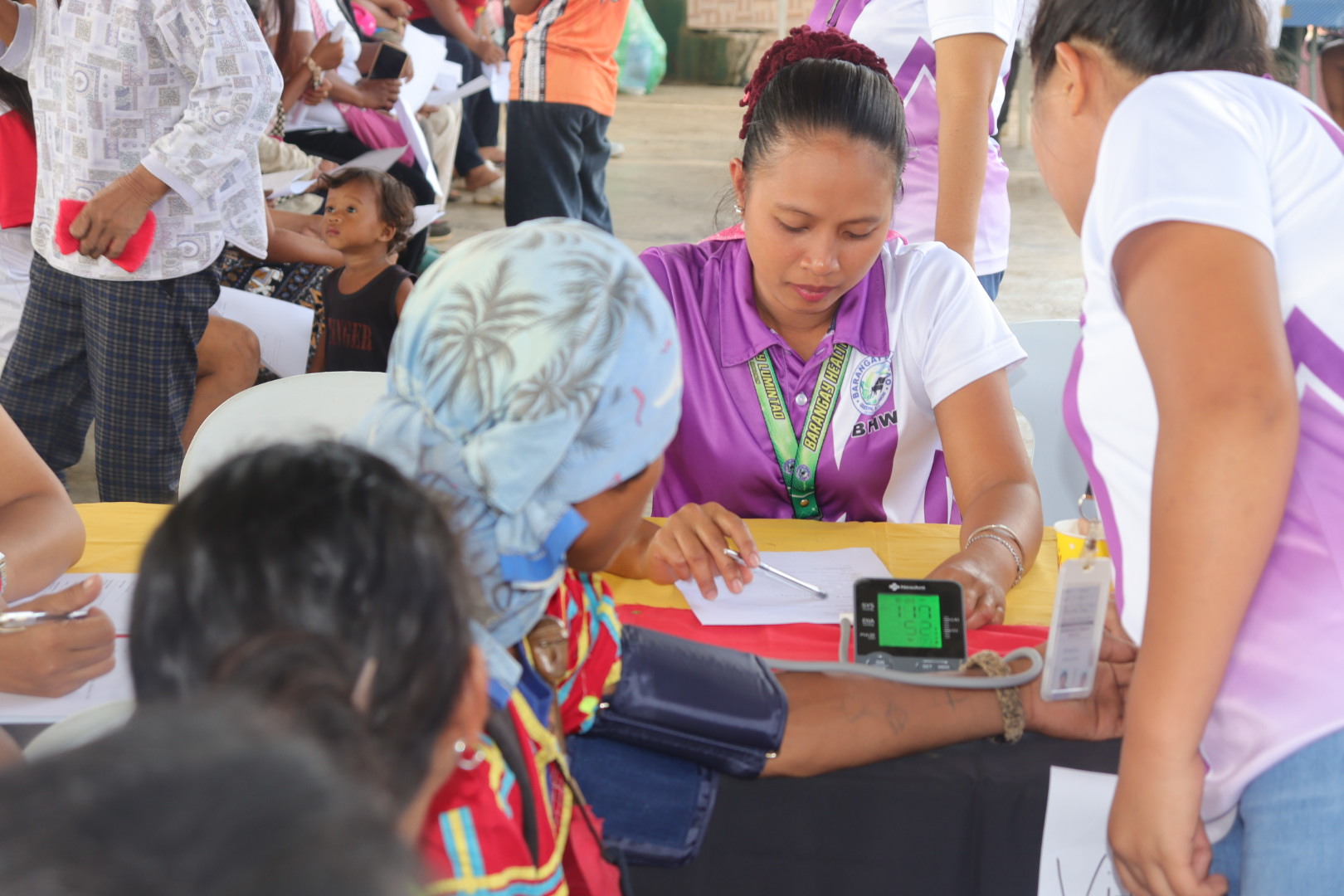
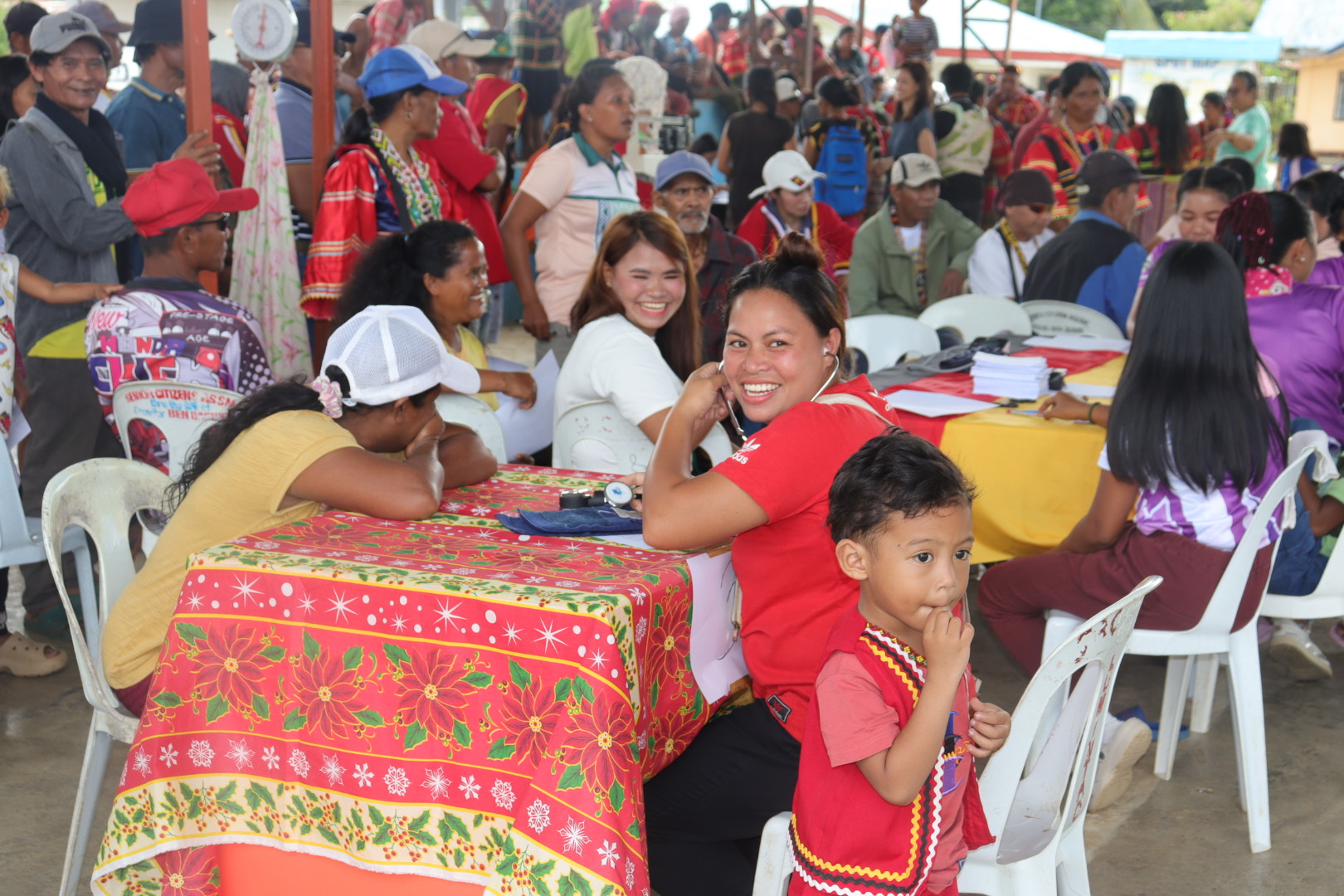
Paglaum: Hope in Action
As the sun set on the second day, messages of gratitude poured from community members, elders, and youth. Paglaum 2025 had become more than a celebration—it was a space of connection, remembrance, and renewal. It affirmed that self-determination is not a distant aspiration, but a living practice grounded in land, culture, and collective care.
By lifting up Lumad stories, addressing urgent needs, and fostering Church–community solidarity, the event embodied the spirit of the Jubilee Year—walking together in faith, justice, and hope. The celebration closed with renewed commitment to land, culture, and community—echoed in the voices of youth, elders, and allies alike.
MCJ and its partners will continue accompanying Indigenous communities beyond this event, carrying forward the momentum of Paglaum 2025 into ongoing efforts for ecological justice, ancestral land defense, and youth empowerment.
